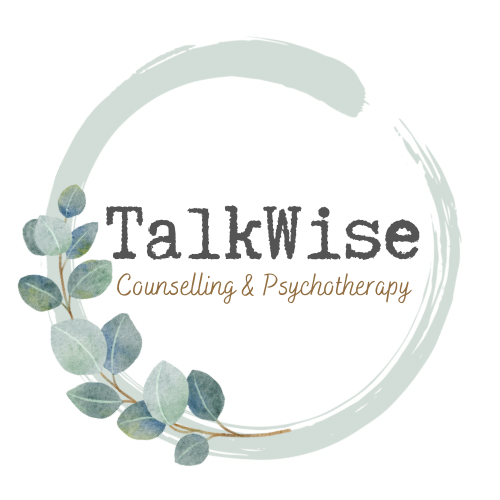Scattered Minds by Gabor Maté: A Review
“Scattered Minds: The Origins and Healing of Attention Deficit Disorder” by Dr. Gabor Maté offers an insightful exploration into the world of Attention Deficit Disorder (ADD), now commonly known as Attention Deficit Hyperactivity Disorder (ADHD). Dr. Maté, a physician with a background in family practice, neurology, and psychiatry, brings a personal touch to the subject as he himself has been diagnosed with the condition.
The book challenges the conventional understanding of ADHD as a strictly genetic disorder, proposing instead that it is a complex interplay of biological and environmental factors. Dr. Maté’s thesis is that ADHD is not an inherited illness but rather a developmental delay of certain brain circuits which are responsible for emotional self-regulation and attention control. This perspective is not only refreshing but also offers a beacon of hope for those affected and their families, suggesting that with the right conditions, neurological development can continue into adulthood.
A thought-provoking quote from the book encapsulates the essence of Dr. Maté’s approach: “We think that children act, whereas what they mostly do is react. Parents who realise this acquire a powerful tool. By noticing their own responses to the child, rather than fixating on the child’s responses to them, they free up tremendous energy for growth.” This quote highlights the importance of understanding the reactive nature of children’s behaviour, which can be especially pronounced in those with ADHD.
“Scattered Minds” is filled with real-life examples, scientific research, and Dr. Maté’s own experiences, making it a comprehensive guide for understanding ADHD. It is particularly beneficial for parents, educators, and healthcare professionals who work with children, as well as adults who either have the condition or wish to understand it better. The book’s compassionate and clear narrative makes it accessible, providing practical advice on how to support individuals with ADHD.
Dr. Maté also touches upon the societal implications of ADHD, urging a shift in how we view and treat this condition. His holistic approach goes beyond medication, advocating for a more empathetic and supportive environment that fosters the emotional and cognitive capacities necessary for individuals with ADHD to thrive.
In conclusion, “Scattered Minds” is a must-read for anyone looking to gain a deeper understanding of ADHD. Its blend of personal narrative, scientific research, and practical advice makes it a valuable resource for a wide audience. Whether you are a parent grappling with a child’s diagnosis, an adult with ADHD, or a professional in the field, this book offers insights and strategies that can make a significant difference in managing the condition and supporting those affected by it. For those interested in the psychological and developmental aspects of ADHD, Dr. Maté’s work is an essential addition to your reading list.

